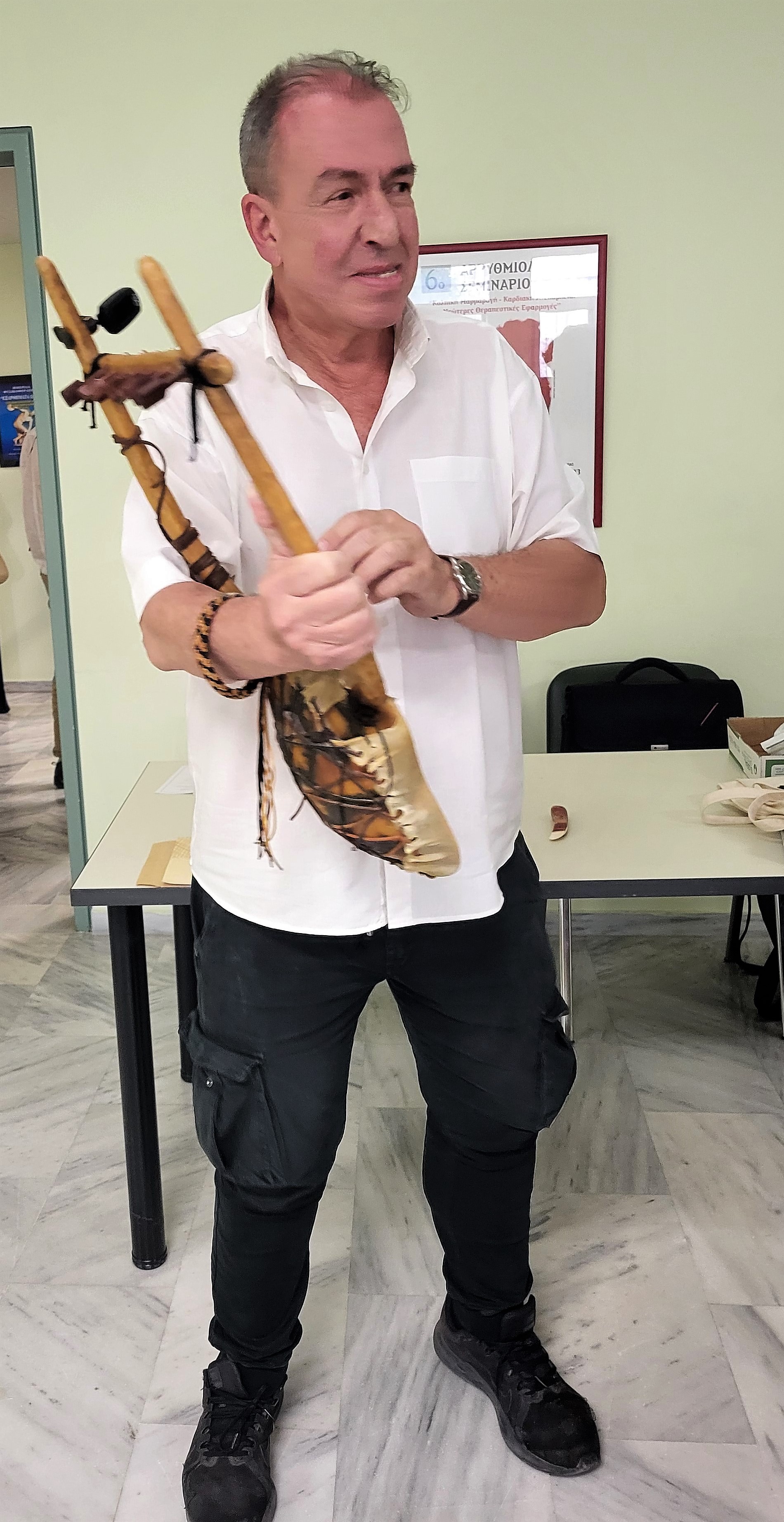Papachrysostomou, Athina. 2023. “An Editorial Tribute to Professor Menelaos Christopoulos, with Bibliography.” In “Γέρα: Studies in honor of Professor Menelaos Christopoulos,” ed. Athina Papachrysostomou, Andreas P. Antonopoulos, Alexandros-Fotios Mitsis, Fay Papadimitriou, and Panagiota Taktikou, special issue, Classics@ 25. https://nrs.harvard.edu/URN-3:HLNC.ESSAY:103900166.
Biography of Menelaos Christopoulos
The editors and the contributors of this volume express our deepest gratitude for his invaluable impact, his unfaltering support, and his enduring friendship. May retirement bring him well-deserved joy and fulfilment, as he embarks on a new chapter of life alongside his loving wife, Anastasia, and his multi-talented daughters, Eleni and Margarita. Their support and devotion have undoubtedly shaped Menelaos Christopoulos into the remarkable individual he is today. May their journey be filled with love, laughter, and cherished moments.
Academic publications by Professor Menelaos Christopoulos
Ι. Monographs
II. Collected volumes
IΙΙ. Articles in periodicals, collected volumes, and proceedings

